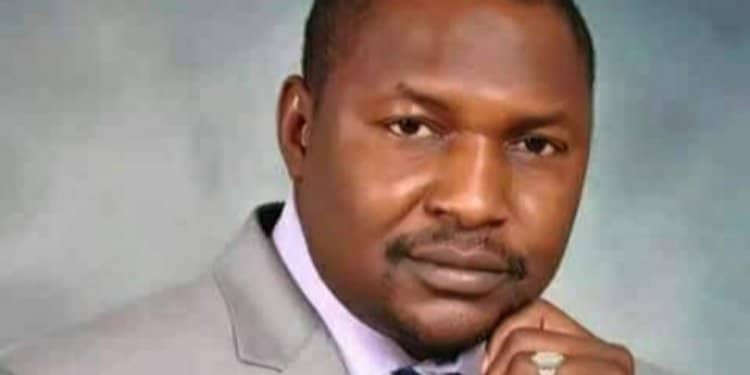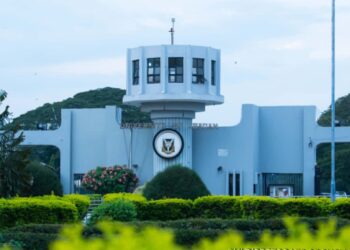The Nigerian Bar Association (NBA) has directed lawyers to ignore a gazette by the Attorney-General and Minister of Justice Abubakar Malami (SAN), which supposedly weakens its powers.
NBA President, Olumide Akpata stated that according to the Legal Practitioners Act, only a resolution of the Bar Council, comprising the AGF, Attorneys-General of the thirty-six states of the Federation and 20 members of the NBA can issue or amend rules of professional conduct for legal practitioners.
Malami had purportedly amended the Rules of Professional Conduct (RPC) for Legal Practitioners 2007, removing the requirement for the NBA stamp and seal on court processes.
The gazette also seemingly abolished the requirement of payment of annual practice fees by lawyers.
Membership of the NBA has been compulsory for all lawyers and the stamps and seals were sold at N4, 000 for 72 pieces and were given upon payment of NBA dues.
Without the stamp, a lawyer could not submit any document or letter to the court and the sale of the stamp and seal was one of the major sources of NBA’s revenue.
However, with the amendment of the process by Malami, the use of the stamps is no longer necessary.
The explanatory note to the Instrument suggests that it was done to bring the RPC into conformity with the provisions of the Legal Practitioners Act, the Law Officers Act, and the Constitution of the Federal Republic of Nigeria, 1999 (as amended).
But opposing him, the NBA suggested in a statement by its President, that Malami usurped the Bar Council’s powers.
Akpata said: “Since the Instrument was released, I have received numerous calls and messages from lawyers across the country seeking clarification and guidance on the purport of the Instrument.
“By virtue of the Instrument, the following provisions of the RPC are to be deemed deleted: Rule 9(2), which relates to default in payment of practicing fees; Rule 10, which relates to stamp and seal for legal practitioners; Rule 11, which relates to mandatory continuing professional development; Rule 12, which relates to the Annual Practicing Certificate for legal practitioners; and Rule 13, which relates to the obligation to give notice of the commencement of legal practice to the branch of the Nigerian Bar Association (“NBA”) responsible for the jurisdiction in which the practice is located.”
According to him, the explanatory note to the Instrument suggests that it was done to bring the RPC into conformity with the Legal Practitioners Act, the Law Officers Act and the Constitution of the Federal Republic of Nigeria, 1999 (as amended).
But Akpata argued the Legal Practitioners Act (as amended) confers the power to issue rules of professional conduct for legal practitioners, and any amendments thereto, on the General Council of the Bar (the “Bar Council”).
He said: “Consequently, the RPC and any amendments thereto may only be validly issued after it has been deliberated upon and approved at a properly convened meeting of the Bar Council.
“As far as the NBA is aware, no notice convening a meeting of the Bar Council was issued to its elected representatives on the Bar Council and no meeting of the Bar Council was convened and/or held to deliberate on the Instrument.
“To that extent, our position is that no authority or approval was given for the amendment of the RPC.
“Consequently, the NBA maintains that the RPC has not been amended and enjoins all legal practitioners to remain calm and continue to conduct their affairs in the same manner as they did prior to the issuance of the Instrument.”
Akpata assured lawyers he had begun engaging Malami on the issue and would update them in the coming days.









